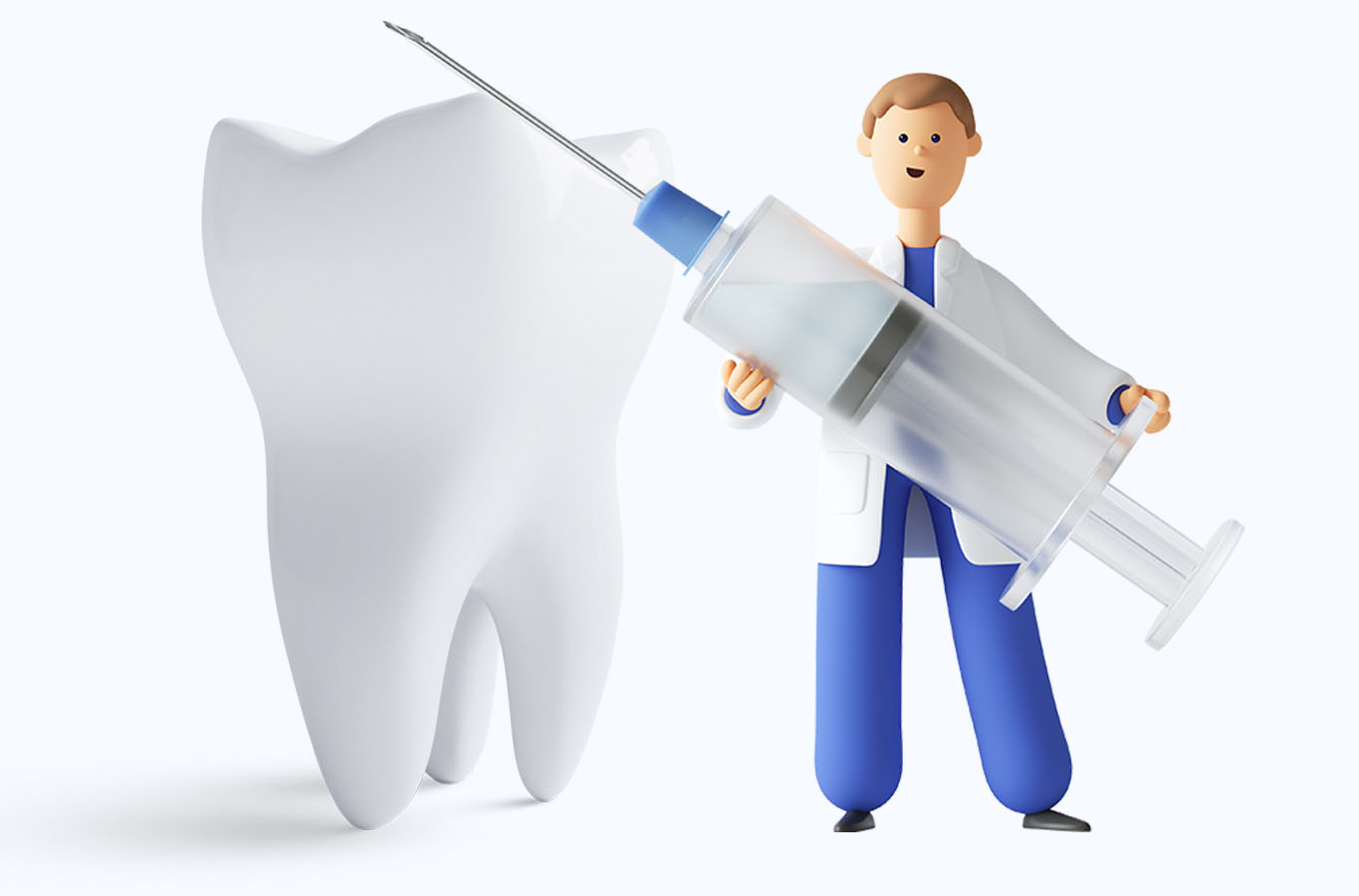
Dental Implants & Minor Oral Treatments
Winchester Global DIC is an advanced dental implant center that employs modern technology for implant procedures. Professor Nadeena Jayasuriya, an expert in implantology and minor oral surgeries, performs the procedures. The center utilizes state-of-the-art techniques, including computer-guided placement and high-quality materials, ensuring precise and successful outcomes. Professor Jayasuriya’s expertise and commitment to patient care make him highly regarded in the field. Winchester Global DIC offers personalized implant services, from initial consultation to post-operative care, prioritizing patient comfort and satisfaction. With a focus on individual needs, the center provides seamless and patient-centered experiences. Whether for single-tooth replacements or full-mouth restorations, Winchester Global DIC and Professor Jayasuriya deliver exceptional implant solutions that enhance both function and aesthetics.
5000 +
Implants & Treatments done
Prevention Is Better Than Cure
- Single Tooth Implants
- Multiple Teeth Implants
- All-on-4 or All-on-6 Implants
- Bone Grafting
- Sinus Lift
- Ridge Augmentation
- Extraction and Socket Preservation
- Soft Tissue Grafting
Frequently Asked Questions
Are dental implants suitable for everyone?
Dental implants are a suitable option for most individuals with missing teeth, as long as they have sufficient bone density and good oral health.
How long do dental implants last?
Dental implants can last a lifetime with proper care and maintenance. They are designed to be a long-term tooth replacement solution.
What is the success rate of dental implant procedures?
Dental implant procedures have a high success rate, typically ranging from 95% to 98%. Success rates can vary based on individual factors such as oral health and bone quality.
What is the procedure for placing dental implants?
The dental implant procedure involves surgical placement of a titanium post into the jawbone, followed by a healing period for osseointegration. Afterward, an abutment and dental crown are attached to complete the restoration.
Is the dental implant procedure painful?
The dental implant procedure is performed under anesthesia, ensuring that patients are comfortable and pain-free during the process. Some mild discomfort or soreness may be experienced after the surgery, but it can be managed with pain medication.
How long does it take to recover after dental implant surgery?
The recovery time after dental implant surgery can vary, but it typically takes a few days to a week for initial healing. The complete integration of the implant with the jawbone may take several months.
What are the potential risks and complications associated with dental implant surgery?
Potential risks and complications of dental implant surgery include infection, nerve damage, implant failure, and sinus problems. However, these risks are relatively rare, and the procedure is considered safe when performed by an experienced professional.
Can dental implants replace multiple missing teeth?
Yes, dental implants can be used to replace multiple missing teeth. Implant-supported bridges or dentures can be customized to restore multiple teeth, providing stability and improved chewing ability.
Are dental implants covered by insurance?
Insurance coverage for dental implants varies depending on the insurance plan. Some dental insurance plans may cover a portion of the cost, while others may not cover them at all. It is advisable to check with your insurance provider for specific coverage details
How much do dental implants cost?
The cost of dental implants can vary depending on factors such as the number of implants needed, the complexity of the case, the location, and additional procedures required.
How do dental implants compare to other tooth replacement options like dentures or bridges?
Dental implants offer superior stability, functionality, and aesthetics compared to dentures or bridges. They do not rely on adjacent teeth for support and help preserve jawbone health.
Can dental implants be placed if I have gum disease or bone loss?
In some cases, individuals with gum disease or bone loss may still be eligible for dental implants. However, additional treatments such as bone grafting or periodontal therapy may be required to ensure a successful implant procedure.
What is the difference between dental implants and mini dental implants?
Mini dental implants are smaller in size compared to traditional dental implants. They are typically used in cases with limited bone availability or to stabilize removable dentures. Traditional implants offer more stability and are ideal for long-term tooth replacement.
Are there any age restrictions for getting dental implants?
There are no specific age restrictions for dental implants. As long as an individual has reached skeletal maturity and has good oral health, they can be considered for dental implant placement.
Can dental implants be used to support dentures or bridges?
Yes, dental implants can be used to support both dent
How do I care for dental implants after the procedure?
After dental implant surgery, it is important to maintain good oral hygiene. This includes brushing twice a day, flossing daily, and using an antibacterial mouthwash. Regular dental check-ups and professional cleanings are also crucial to monitor the implants’ health and ensure their longevity.
Are there any dietary restrictions after dental implant surgery?
It is advisable to follow a soft food diet for a few days after dental implant surgery to allow for proper healing. Avoid hard, crunchy, or sticky foods that can exert excessive pressure on the implant area. Your dentist will provide specific dietary instructions based on your unique situation.
Can dental implants be placed if I have medical conditions or take certain medications?
In many cases, dental implants can still be placed if you have certain medical conditions or take medications. However, it is essential to inform your dentist about your medical history and medications to ensure a safe and successful procedure. Your dentist will evaluate your specific situation and collaborate with your healthcare provider if necessary.
How often do I need to visit the dentist after getting dental implants?
Regular dental visits are crucial after getting dental implants. Typically, the dentist will schedule follow-up appointments for monitoring and maintenance. After the initial healing period, routine check-ups every six months are recommended to assess the implants’ condition and ensure optimal oral health.
Can dental implants improve the appearance of my smile?
Yes, dental implants can significantly improve the appearance of your smile. They are custom-made to match the color, shape, and size of your natural teeth, providing a seamless and aesthetically pleasing result. Dental implants also help maintain facial structure and prevent the sunken appearance commonly associated with missing teeth









